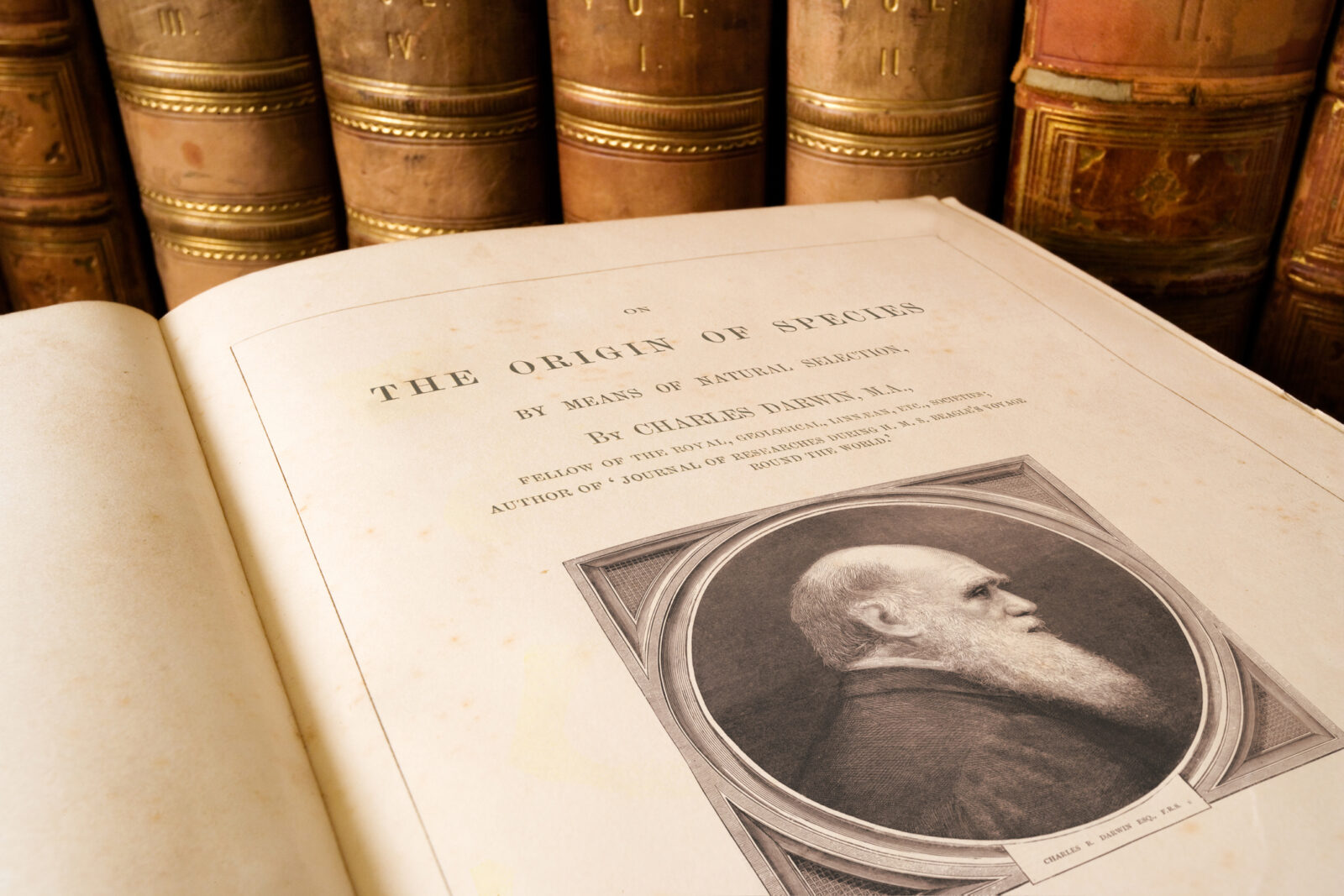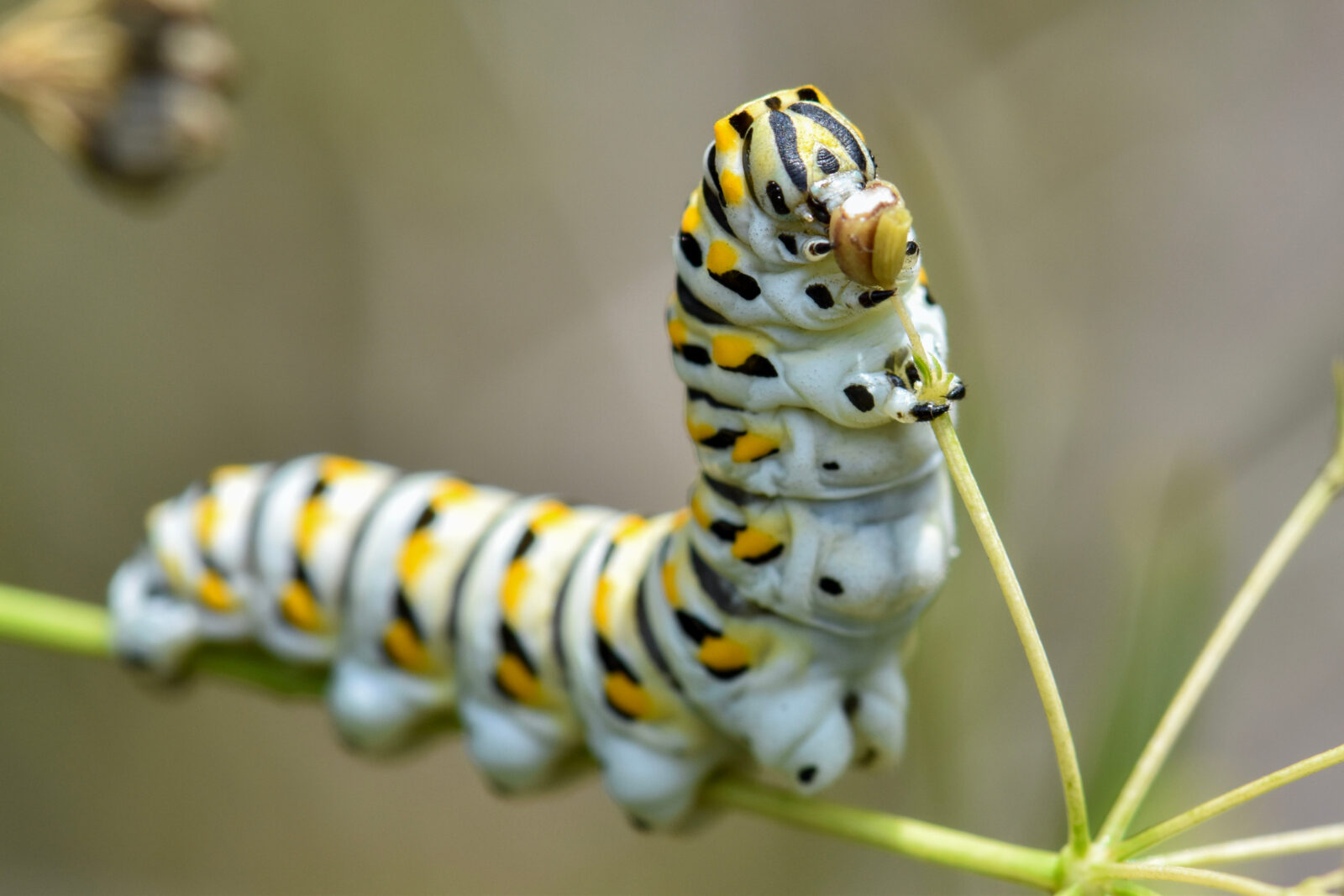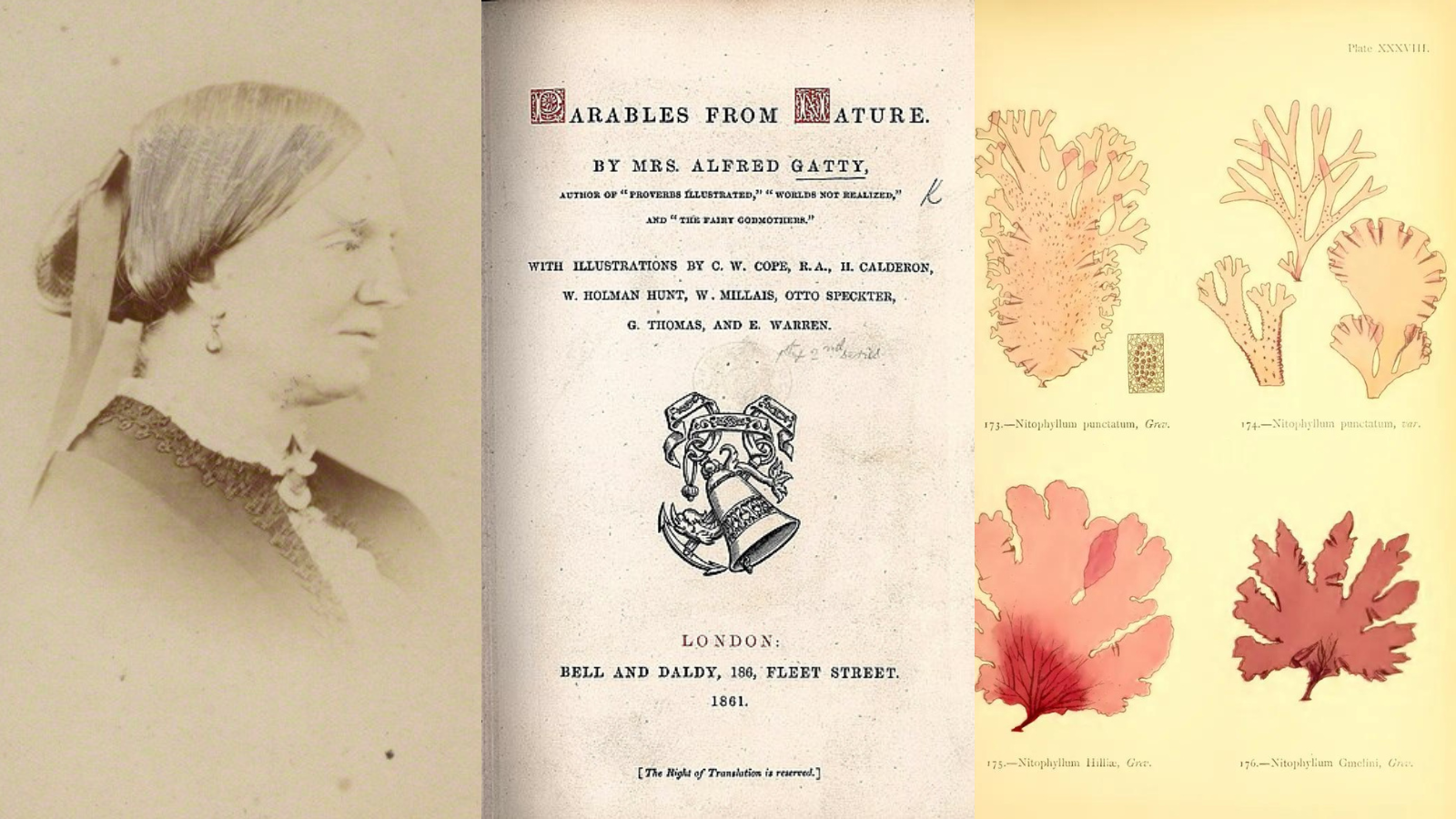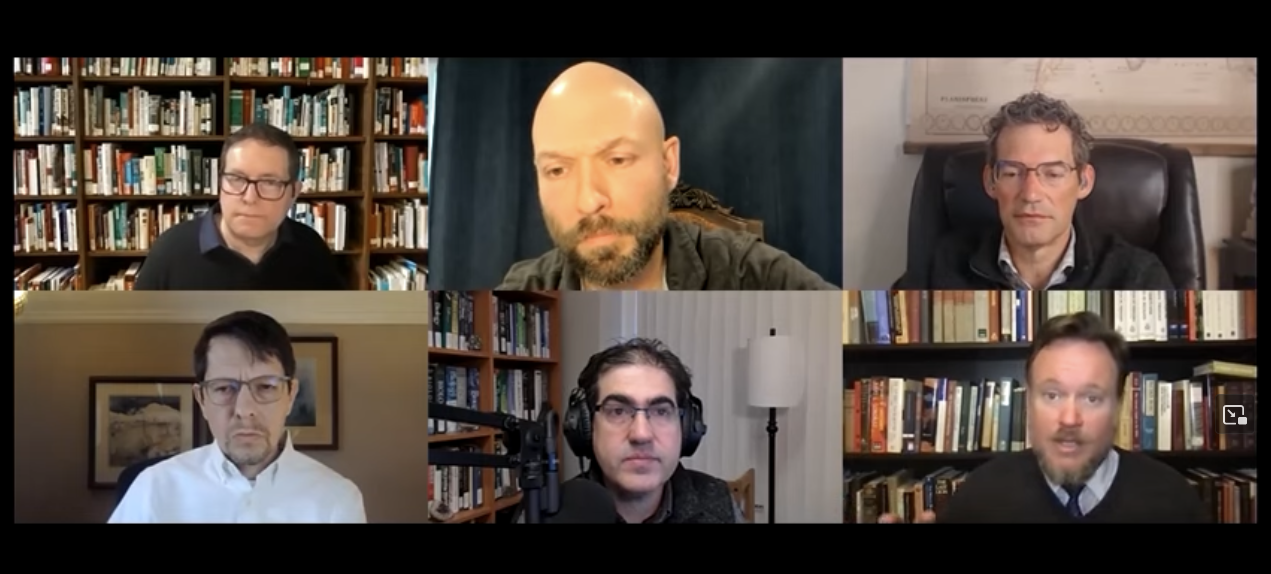


Darwin’s Bluff: An Interview with Robert Shedinger

Rarefied Design: The Privileged Planet, 20 Years On

How the Caterpillar Got Its Legs…Or Not

Parables from Nature: A Profile of Margaret Gatty

The Role of Engineers in the Systems Biology Revolution

Evolution’s Demigods: Reviewing the Tour/Cronin Debate
Do biologists give too much credit to natural selection and self-organization? What are the limits of a materialist approach to science? On this ID The Future, we bring you the second half of a panel discussion reviewing the recent debate between Rice University chemistry professor Dr. James Tour and University of Glasgow professor of chemistry Dr. Lee Cronin. In November 2023, Dr. Tour and Dr. Cronin participated in a roundtable debate on origin-of-life studies at Harvard University with a live audience of Harvard faculty and guests. Even if you haven’t seen the debate yet, you’ll get valuable insight into the state of origin-of-life research from this panel discussion, featuring three of our own: scientist and attorney Casey Luskin, physicist Brian Read More ›

Debate Review: Jim Tour vs Lee Cronin at Harvard

Andrew Klavan and Stephen Meyer Talk God and Science
